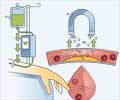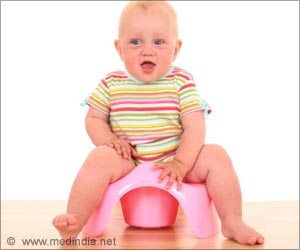Mother using antidepressants during pregnancy does not increase her child's risk for autism.

‘children with antidepressant exposure or autism diagnosis with their siblings who did not have antidepressant exposure or autism.’





He examined 14 studies, many of which identified a connection between prenatal antidepressant use and autism. However, Newport says that research failed to account for ascertainment bias, which occurs when one group of patients or subjects is tested more frequently than others.
In the analysis, Newport found the root of bias is limited access to health care among ethnic minority and immigrant mothers.
"In these studies, immigrant and Latina mothers consistently had both lower rates of antidepressant treatment and lower rates of autism diagnosis in their children," Newport said.
"This is not surprising, as these minority groups are known to have poorer access to health care, including treatment for depression and careful diagnostic assessment of concerning behaviors in a child."
Newport discovered that family-based studies eliminated the bias problem by comparing children with antidepressant exposure or autism diagnosis with their siblings who did not have antidepressant exposure or autism. With the ethnic bias eliminated, the family-based studies revealed no association between prenatal antidepressant use and autism.
Advertisement
"Thankfully, the results of this meta-analysis show that with thoughtful study designs, researchers can overcome the biases often encountered when using such databases."












